President Donald Trump had been paying attention.
The day before, he had gone to Capitol Hill to deliver a simple message to House Republican holdouts on his signature domestic-policy bill: Fall in line — now.
But not all heeded the message, and one in particular — Rep. Andy Harris, the Freedom Caucus chair — caught Trump’s notice. Harris left the Tuesday morning meeting before Trump had even finished speaking and told reporters that holdouts were “a long ways away” from a deal.
“The president, I don't think, convinced enough people that the bill is adequate the way it is,” he said.
Now Harris was in the Cabinet Room, pressing for deeper cuts along with several other key holdouts, and Trump was pissed. He suddenly cut off the conversation and lit into the Maryland Republican.
Trump told Harris he’d seen his comments: “You’re out there grandstanding when you should be uniting,” the president seethed, according to three people familiar with the meeting who were granted anonymity to describe it. “You are going to sink this legislation and have the highest tax increase in history and bankrupt the country. That's the only alternative.”
“Enough is enough,” he snapped. “Get it done.”
Trump walked out of the room, leaving them stunned.
So it was that the GOP megabill — a package of trillions of dollars in tax cuts coupled with key Trump spending priorities — was suddenly put on a glide path toward House passage early Thursday morning.
To hear senior Republicans tell it, the president essentially sent the conservative rabble-rousers back down Pennsylvania Avenue with their tails between their legs, forcing them to swallow a deal they had insisted just 24 hours earlier was not good enough.
There’s a feeling among White House aides (to say nothing of GOP congressional leaders) that the hard-liners overplayed their hand, trying to nickel-and-dime Trump at every opportunity. Instead, they say, it blew up in their faces.
The hard-liners themselves have a different version of events. One conservative closely involved in the talks told me it was “straight-up bullshit” that they’d gotten rolled at the White House, ticking off a number of commitments secured during the meeting, including a promise for a new health-care-related executive order they believe could save taxpayers hundreds of billions of dollars.
But facts are facts: Members who went into the White House vowing it would be days or weeks until a deal could get done ended up voting for the bill less than 24 hours later (though not Harris, who voted present).
The overall fiscal parameters of the package didn’t change. Their push for a fundamental change to the way Medicaid is financed fell flat. Some of the clean-energy incentives they hated enacted under President Joe Biden remained in place. And yet they voted for the bill.
The hard-liners will have another shot: The “big, beautiful bill” is now headed to the Senate, where it’s unlikely to move in a more conservative direction. In fact, the opposite is likely to happen. And they are promising when the bill comes back through the House for final passage, they won’t be folding.
“We're gonna have some red lines this time,” Rep. Chip Roy (R-Texas) told reporters Thursday morning. “And when we say ‘red lines,’ I mean it.”
Thing is, few in the White House or on Capitol Hill believe them.
The need for Trump to knock some heads became clear Friday, after a handful of conservatives joined with Democrats to temporarily sink a key vote in the House Budget Committee. Trump — returning from his Middle East swing on Air Force One — joined one of his top staffers in grilling Budget Chair Jodey Arrington (R-Texas) about why he called a vote without a deal in place, embarrassing everyone in the process.
Trump and team members spent Saturday in the Oval Office working through a plan to muscle the bill through the House. On Monday, White House press secretary Karoline Leavitt rolled out a new report touting the legislation — and the severe economic consequences that would ensue if Trump’s 2017 tax cuts expired.
The pressure campaign had begun: “Republicans must not side with Democrats in helping them raise taxes,” Leavitt said.
Eager to help Speaker Mike Johnson pass the bill before his self-imposed Memorial Day deadline, Trump’s Tuesday morning visit to the Hill was meant to bring that message home. “We need to stick together and get this bill passed,” Trump said almost as soon as he entered the conference room in the Capitol basement.
The message seemed to resonate with some holdouts: After Trump personally jabbed at Rep. Mike Lawler of New York for not taking yes for an answer, he and fellow blue-district Republicans who had been pushing for a larger state-and-local-tax deduction managed to cut a deal before the end of the day.
But, per the usual dynamics inside the House GOP, members of the Freedom Caucus refused to lay down their arms. Even before Trump had left the room, Harris — who weeks ago had snubbed a White House invitation from Trump to discuss the budget blueprint for the megabill — reaffirmed his opposition.
“The president called for eliminating waste, fraud and abuse in Medicaid, and we have not eliminated waste, fraud and abuse,” he said.
The comment infuriated White House officials — and the president himself. The way the media-obsessed Trump saw it, here was a lawmaker who dipped out early and headed straight to the cameras to undercut him as he was preaching unity.
Asked about the testy White House exchange, a Harris spokesperson said the lawmaker "has an excellent relationship with the President and expects that to be part of any high stakes negotiations.”
But the anger wasn’t limited to Harris. As far as White House officials and GOP leaders were concerned, the Freedom Caucus had gotten exactly what they asked for: $1.5 trillion in spending cuts.
Not only that, the White House had signaled a willingness to sweeten the pot for the hard right: Despite concerns about political blowback ahead of the midterms, Trump advisers had agreed to move up new Medicaid work requirements by two years. And despite the complications of quickly phasing out Biden-era clean-energy tax credits, they agreed to advance the timeline.
To hear senior aides tell it, the group couldn’t take yes for an answer. They continued to press to reduce the federal government's cost share for Medicaid — changes the president made clear he didn’t support in salty language. They also pushed to further cap state taxes on health care providers that helps cover Medicaid costs, a provision that moderates abhorred.
A pissing match developed: The conservatives privately argued the White House themselves had put a provider tax cap on the table then backed off when House moderates freaked. The White House in turn said that provision and others were floated as possibilities — if they could get to 218 votes.
When the breakdown became clear Wednesday morning, Trump invited the hard-liners to the White House. The meeting started out cordial; Trump came armed with a list of victories tucked into the legislation, campaign promises he’d run on that the bill checked off. He told his guests he might agree with them on principle, but now they needed to pass a bill.
But when the holdouts continued to push for more alterations, Trump made clear he’d had enough.
“Don't blow this opportunity,” he said. “You have a victory before you. Take the victory. And don't be stupid.”
Or, as Leavitt put it in a statement, “President Trump strongly emphasized his expectation that Republicans work together, respect their fellow members, and recognize this is a slim majority.”
For the most part, the hard-liners listened. While GOP leaders continued their talks into the afternoon and evening, Trump didn’t have to make any more calls to conservatives as the bill headed to a final vote early Thursday — surprisingly, given the last-minute hand-holding typically required for major votes with the tiny House GOP majority.
Instead, conservatives accepted parameters of the deal senior Republicans say they’d been given a couple days before — plus a couple of sweeteners: The White House agreed to continue to look into executive orders that could “further Medicaid protections,” and GOP leaders inserted a new incentive structure to encourage the 10 holdout states not to expand Medicaid under the Affordable Care Act — a provision that ironically added to the overall cost of the bill.
The conservatives are now touting those as significant wins, with some arguing that the faster tax credit phase-out was never a sure thing. Their negotiating counterparts are calling bull, with Trump allies telling me that even this new executive order was already on deck for signing.
What happened looked pretty simple to most Republicans looking at the final deal: Trump got mad — and they got in line.
.png)
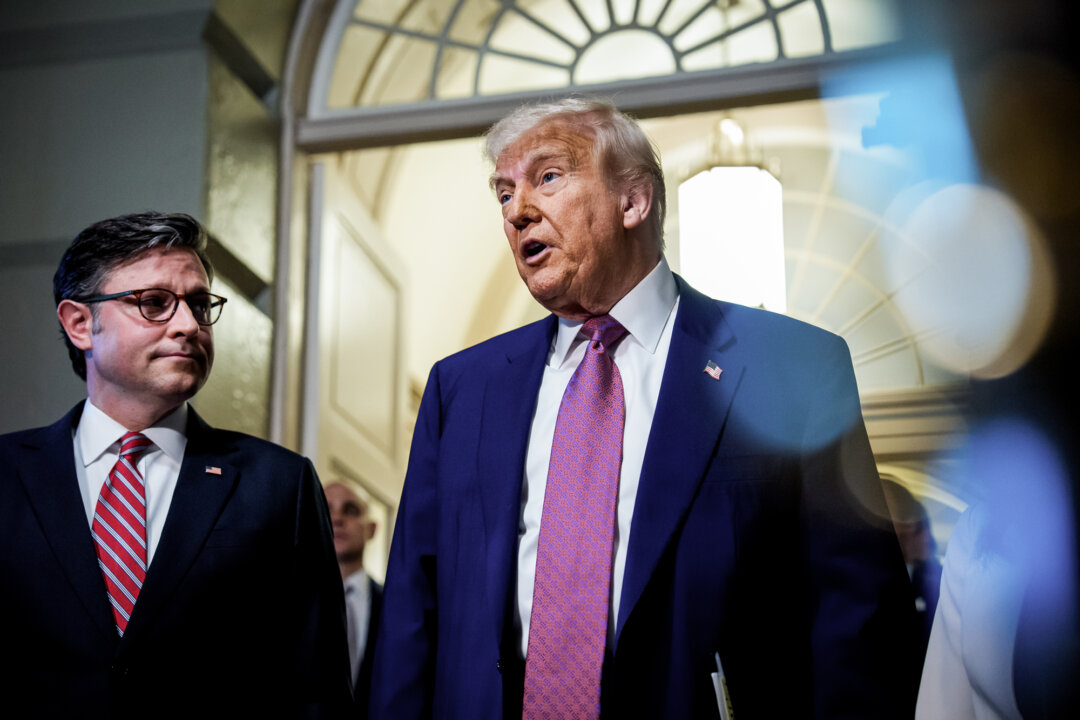


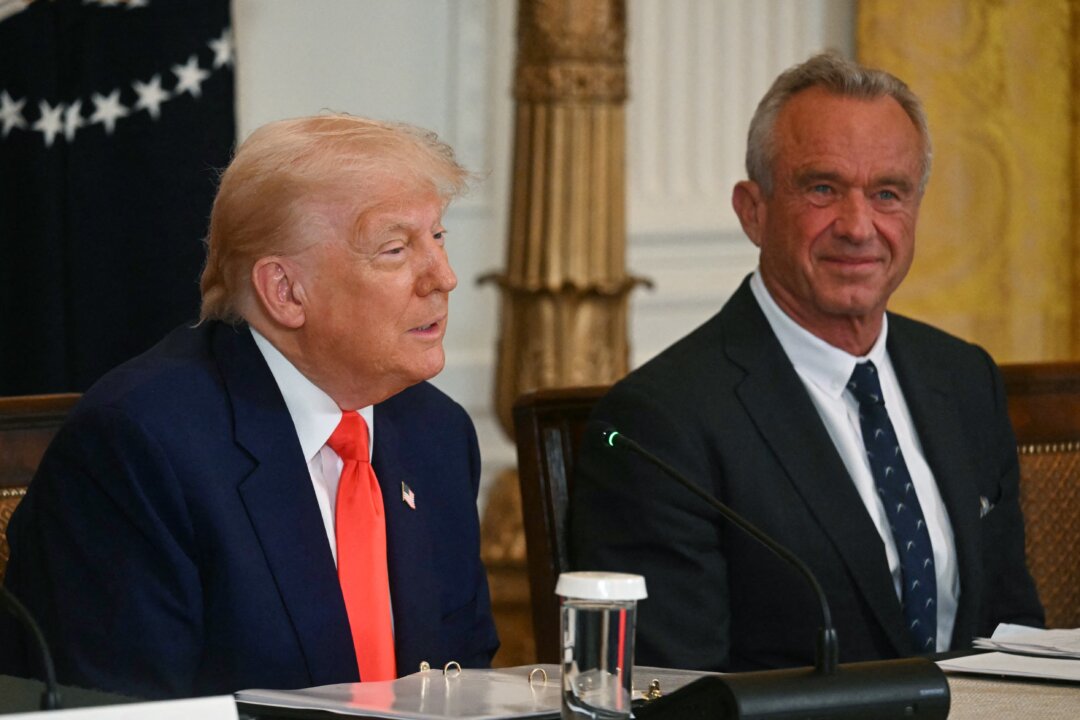



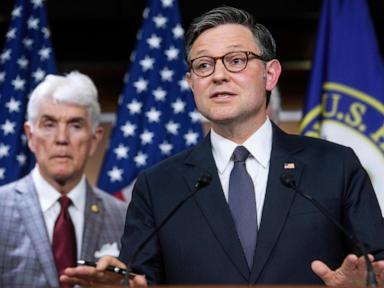




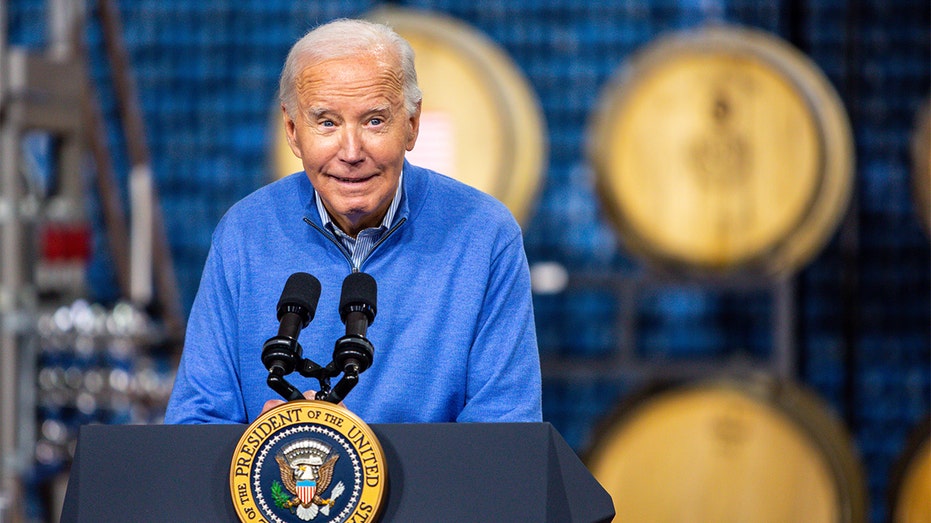
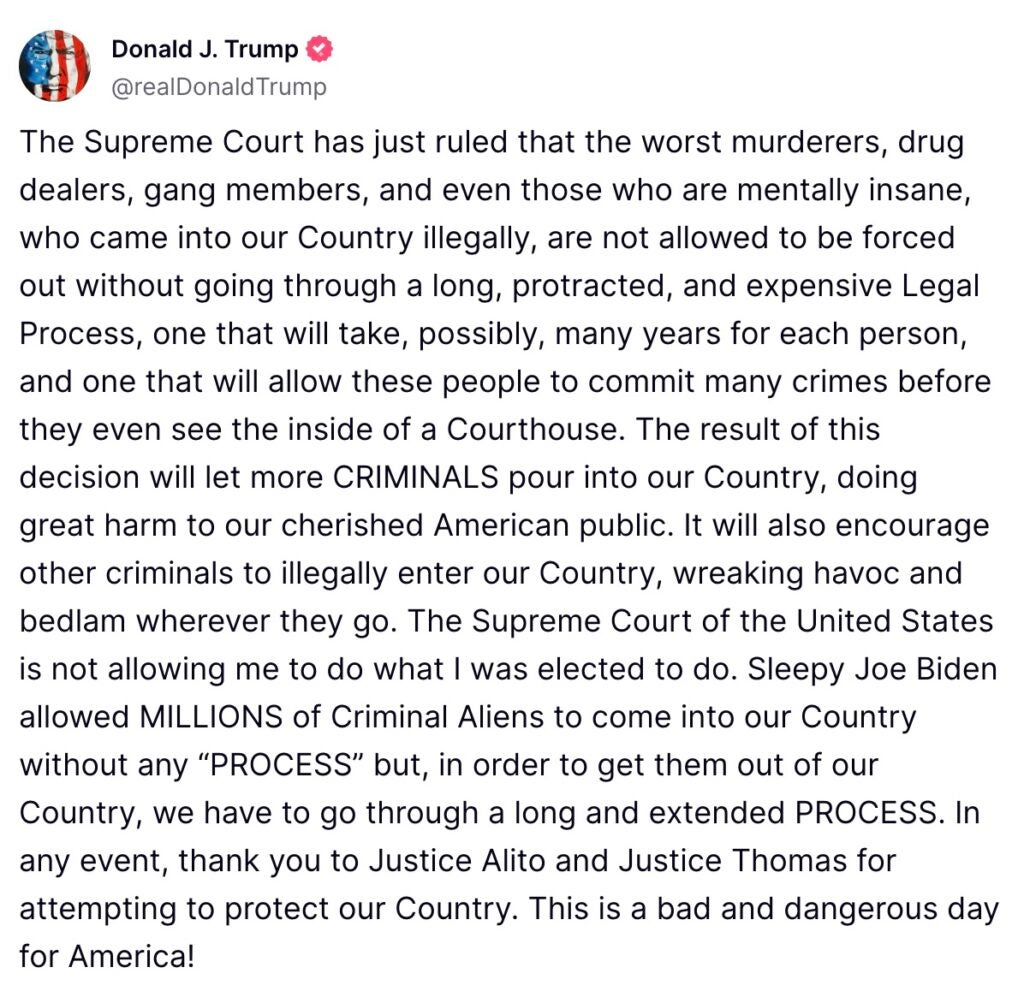
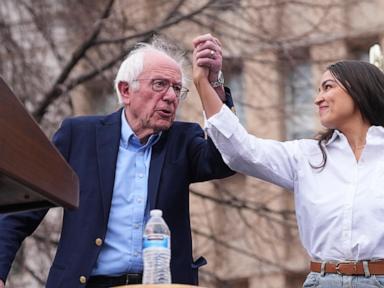
 English (US)
English (US)